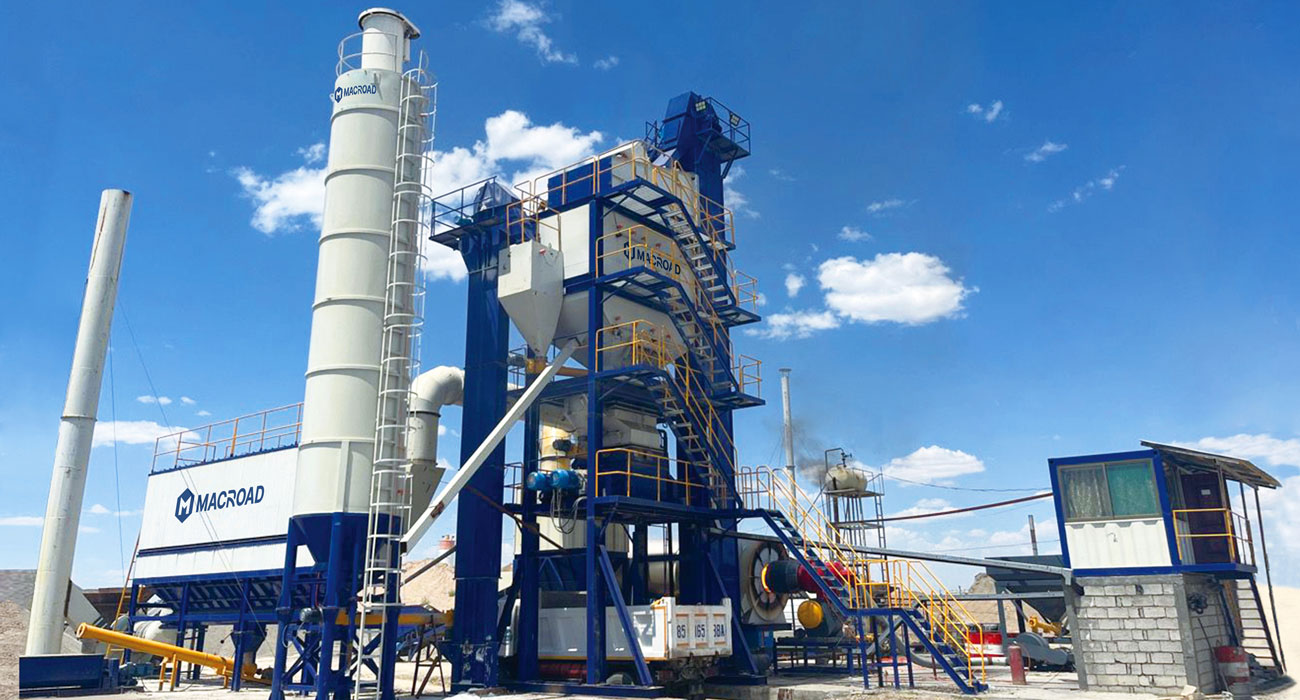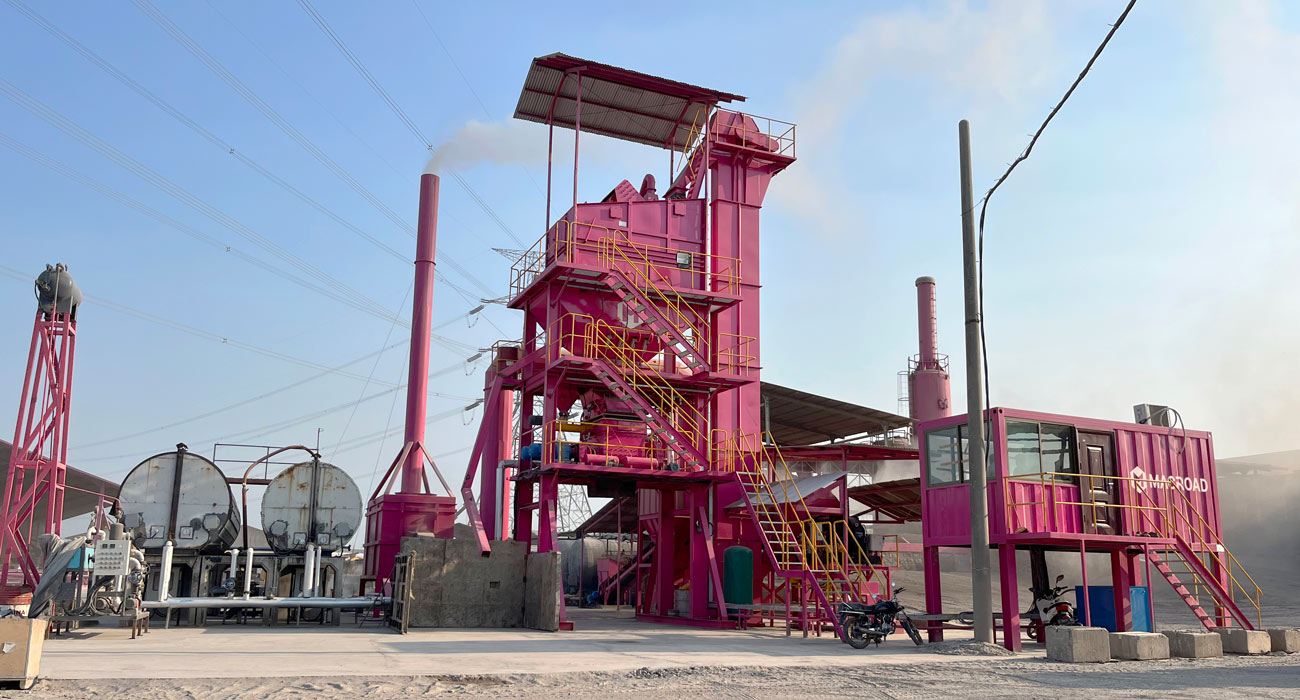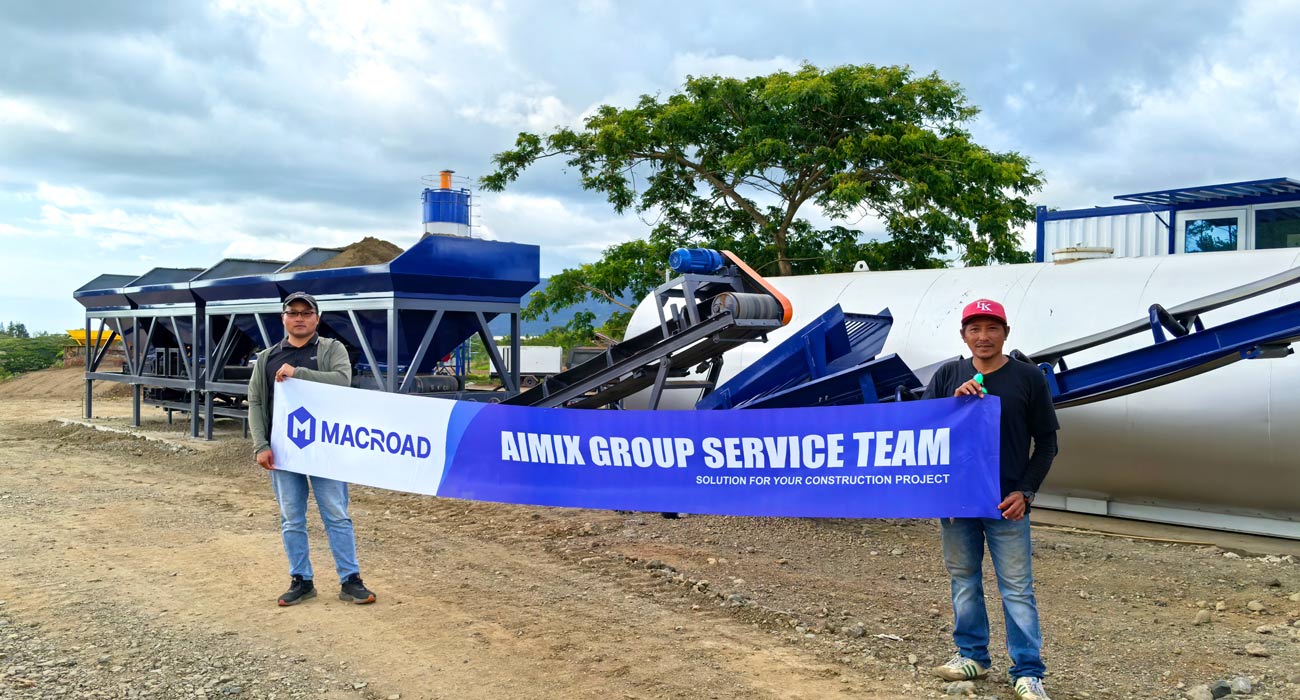The collaboration between asphalt equipment manufacturers and stationary asphalt mixing plant suppliers is pivotal in advancing the capabilities of modern asphalt production. By integrating cutting-edge technologies such as high-efficiency recycling techniques and low-energy heating systems into their designs, these partnerships are setting new standards for performance and sustainability. This article explores how these manufacturers translate innovative technologies into functional designs, enhancing the overall efficiency and environmental performance of asphalt plants.

Translating Technologies into Functional Designs
To accommodate the increasing demand for high proportions of reclaimed asphalt pavement (RAP) in production, asphalt equipment manufacturers focus on specific design adjustments. One critical area of optimization is the shear angle of mixing cylinder blades. By refining this angle, manufacturers can improve the mixing efficiency of RAP with virgin materials, ensuring a uniform blend that meets quality standards.
Additionally, these design modifications must align with on-site production processes, such as the rhythm of RAP pretreatment. Effective collaboration between manufacturers and stationary asphalt mixing plant suppliers enables a seamless integration of equipment functionality with operational workflows. For example, if the mixing blades are optimized for a specific shear angle, the production processes can be timed to ensure that the RAP is pre-treated and introduced at the optimal moment for maximum effectiveness. This synchronization not only enhances the quality of the asphalt mix but also improves the overall efficiency of the production cycle.

Enhancing Environmental Performance
The collaborative model of technology and equipment development significantly boosts the environmental performance of asphalt production. By jointly investing in research and development, asphalt equipment manufacturers and stationary asphalt mixing plant suppliers can create solutions that reduce energy consumption and minimize waste. For instance, the implementation of low-energy heating systems not only lowers operational costs but also decreases the carbon footprint of the asphalt production process.
Moreover, the effectiveness of high-efficiency recycling techniques contributes to a more sustainable approach to asphalt production. By increasing the proportion of RAP blended into new mixes, these innovations help reduce the need for virgin materials, promoting a circular economy in the asphalt industry. This collaborative approach ensures that environmental considerations are embedded in the design process from the outset, resulting in equipment that meets stringent sustainability standards.

Advantages of Collaborative Development
The “technology-equipment-supply” collaborative model offers distinct advantages over development by a single entity. First, it fosters a diverse range of expertise, combining the technical knowledge of asphalt equipment manufacturers with the practical insights of stationary asphalt mixing plant suppliers. This synergy leads to more innovative and effective solutions tailored to the specific needs of the market.
Second, such collaborations allow for faster and more efficient development cycles in asphalt plants. By working together, manufacturers can quickly identify challenges and iterate on designs, bringing new products to market more swiftly. This agility is crucial in an industry that demands constant adaptation to changing regulations and customer expectations.
In conclusion, the collaboration between asphalt equipment manufacturers and stationary asphalt mixing plant suppliers is crucial for driving innovation in asphalt production. By translating cutting-edge technologies into functional designs, they enhance the efficiency and environmental performance of asphalt plants. This collaborative approach not only improves product quality but also positions the industry for a more sustainable future, showcasing the power of teamwork in engineering advancements.